justineanweiler.com – Artificial Intelligence (AI) is no longer just a concept found in science fiction; it has become an integral part of our daily lives, reshaping industries and transforming the way we interact with the world. From healthcare to finance, AI technologies are enhancing our capabilities and driving innovation. This article explores the profound impact of AI, its applications, benefits, challenges, and future prospects.
Understanding AI
At its core, artificial intelligence refers to the simulation of human intelligence processes by machines, particularly computer systems. This encompasses a range of technologies, including machine learning, where algorithms learn from data; deep learning, which uses neural networks to process large amounts of information; and natural language processing, enabling machines to understand and respond to human language.
The journey of AI began in the mid-20th century, with pioneers like Alan Turing and John McCarthy laying the groundwork for machine intelligence. Over the decades, advancements in computing power and data availability have catalyzed AI’s evolution, leading to breakthroughs that are now influencing numerous fields.
Applications of AI
Healthcare
In the healthcare sector, AI is revolutionizing patient care. Machine learning algorithms analyze medical images for early diagnosis of diseases, such as cancer, often with accuracy surpassing human specialists. AI-driven tools assist in personalized treatment plans by analyzing patient data and predicting outcomes, improving overall patient care and efficiency in healthcare systems.
Finance
AI has made significant inroads in finance, where it enhances risk assessment, fraud detection, and customer service. Algorithms analyze transactions in real-time to identify fraudulent activity, protecting both institutions and customers. Robo-advisors provide personalized investment strategies, democratizing access to financial advice.
Transportation
The transportation industry is witnessing a transformation with the advent of autonomous vehicles. AI technologies enable cars to navigate safely by processing vast amounts of data from sensors and cameras. Additionally, AI systems optimize traffic management, reducing congestion and improving travel times in urban areas.
Entertainment
AI plays a crucial role in shaping our entertainment experiences. Streaming services use recommendation algorithms to suggest content based on viewing habits, enhancing user engagement. In video games, AI creates realistic non-player characters, providing immersive experiences for players.
Education
In education, AI personalizes learning experiences, catering to individual student needs. Intelligent tutoring systems assess student performance and adapt lessons accordingly, while administrative tasks like grading can be automated, allowing educators to focus on teaching.
Benefits of AI
The benefits of AI are vast. By automating routine tasks, organizations can increase efficiency and productivity, freeing up human resources for more complex work. AI enhances decision-making by analyzing large datasets, providing insights that drive strategic initiatives. Moreover, it improves customer experiences through personalized interactions and faster service delivery.
AI also holds the potential to address some of the world’s most pressing challenges. For instance, AI-driven analytics can contribute to climate change research, optimizing energy consumption and resource management.
Challenges and Ethical Considerations
Despite its advantages, the rise of AI brings significant challenges. One of the foremost concerns is job displacement, as automation may replace roles traditionally held by humans. This shift necessitates workforce retraining and a reimagining of the job landscape.
Additionally, AI systems can inherit biases present in training data, leading to unfair outcomes. Ensuring fairness and transparency in AI algorithms is critical to prevent discrimination. Privacy concerns are also paramount, as the collection and analysis of personal data raise questions about data security and consent.
The need for regulation is evident, with discussions ongoing about how to govern AI development ethically. Establishing guidelines can help mitigate risks while fostering innovation.
The Future of AI
Looking ahead, the future of AI is promising. Emerging trends suggest that AI will play a pivotal role in addressing global challenges, from healthcare accessibility to climate change. Advancements in quantum computing could exponentially increase AI capabilities, opening new frontiers for research and application.
The concept of human-AI collaboration is gaining traction, with AI augmenting human abilities rather than replacing them. This synergy can lead to groundbreaking innovations across various fields.
Conclusion
The transformative power of artificial intelligence is undeniable. As it continues to shape industries and influence our daily lives, the importance of responsible development and ethical considerations cannot be overstated. By harnessing the potential of AI while addressing its challenges, we can pave the way for a future that leverages technology to enhance human life and address the complexities of our world. Embracing this journey requires collaboration among technologists, policymakers, and society to ensure that the benefits of AI are shared equitably and responsibly.
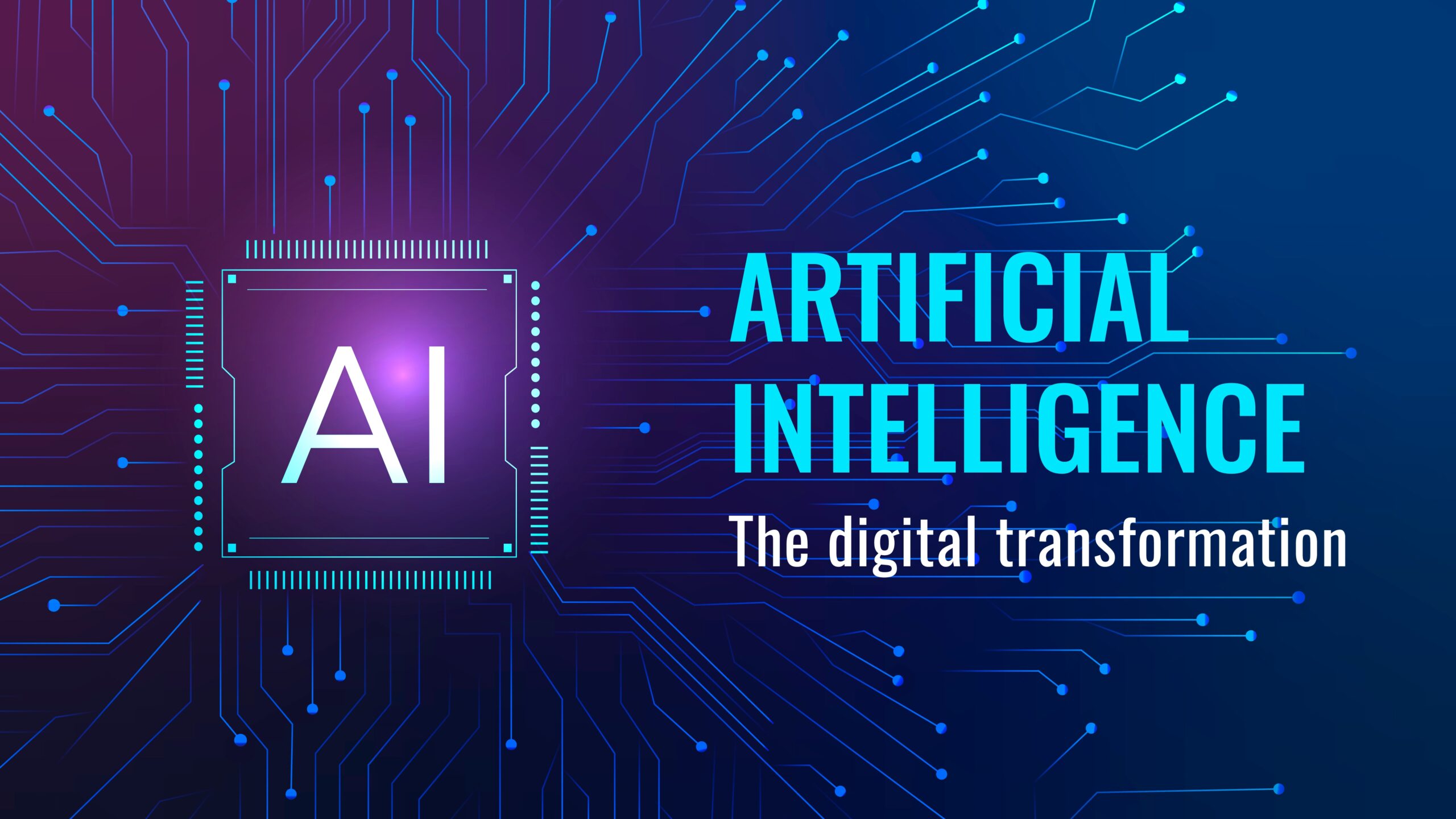



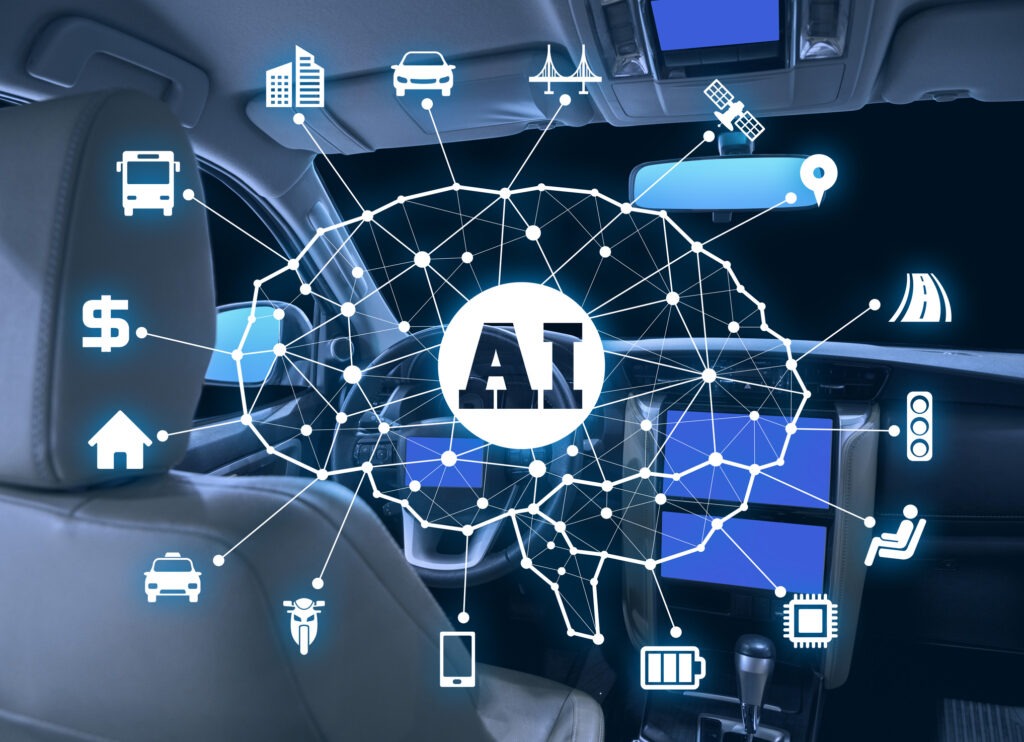
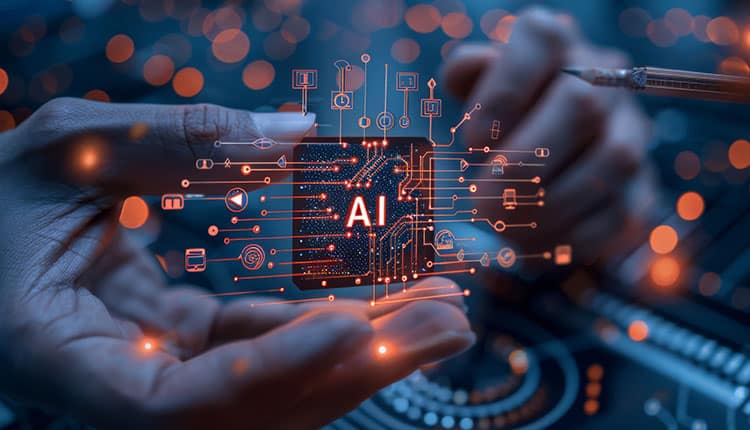

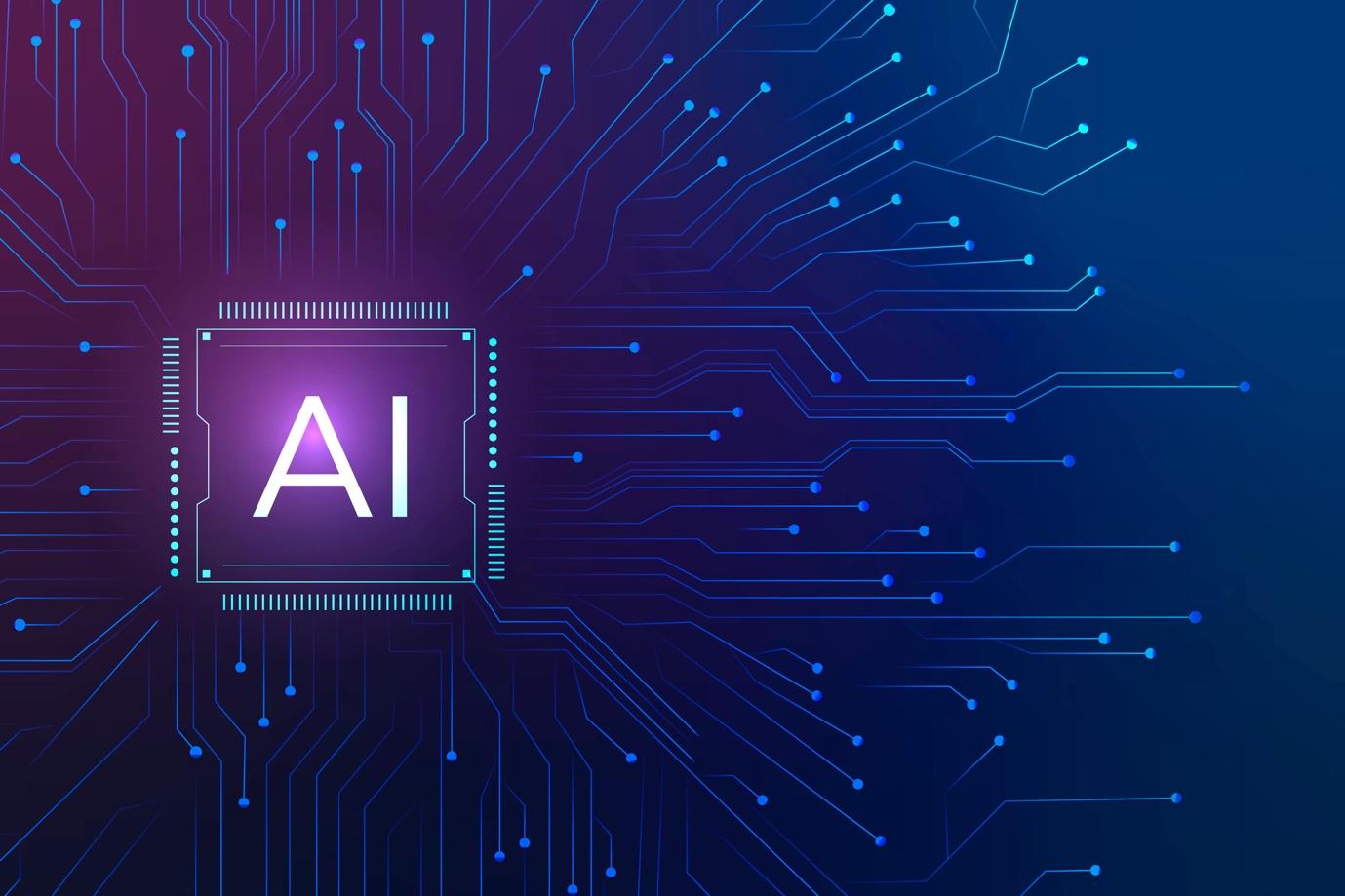

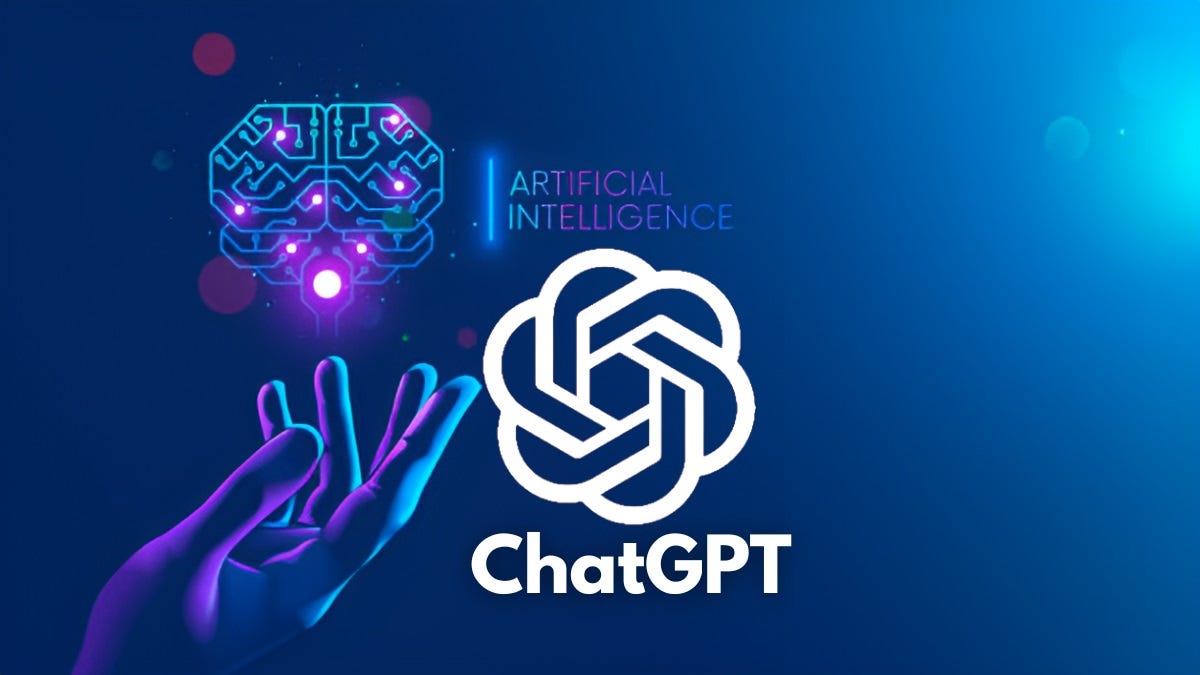



Leave a Reply